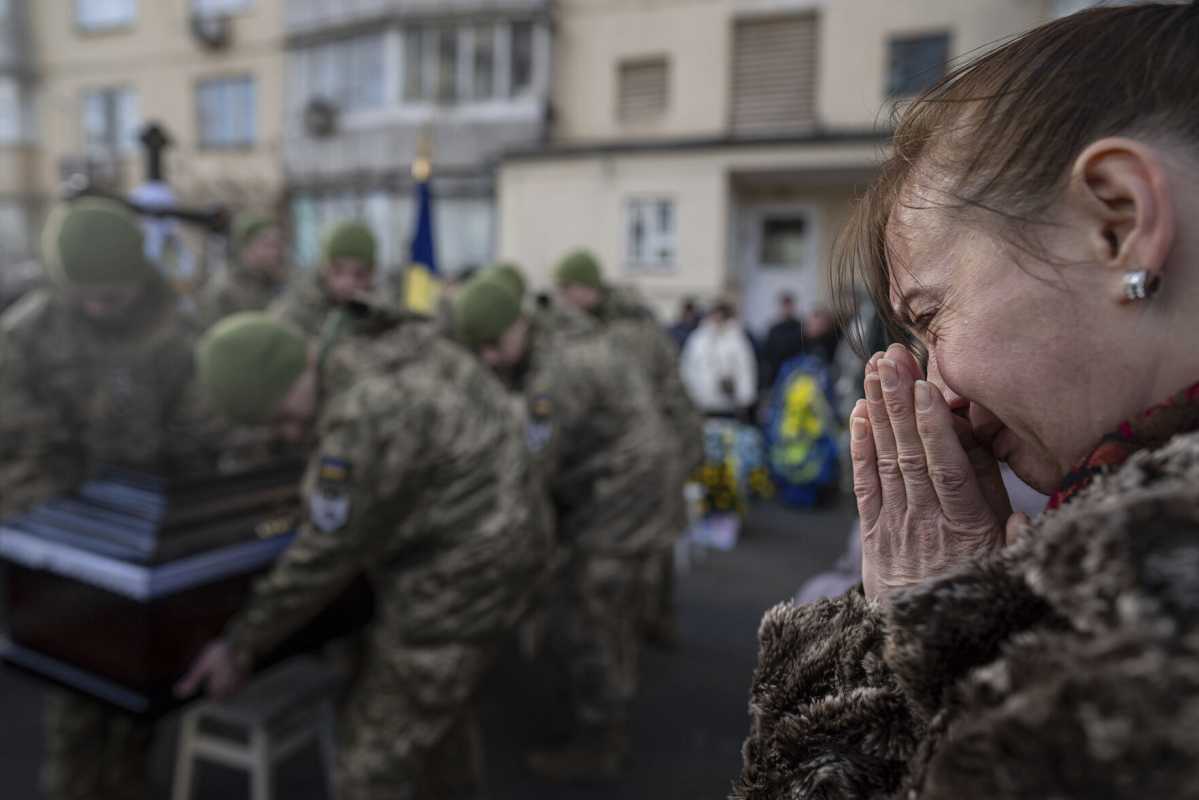Opinion
Air Force Member’s Tragic Death Sparks Conversations About Military Complicity

On a fateful Monday afternoon, the news of the tragic death of Air Force member Aaron Bushnell sent shockwaves through the community, prompting deep reflection and conversations about military complicity.
Bushnell, based in San Antonio, was a young airman whose actions have already ignited a fervor for truth and justice among those who knew him or crossed paths with him during his service.
His untimely passing has shone a spotlight on the grim realities of the ongoing genocide in the United States, forcing many to confront the uncomfortable truth of their complicity as military members and taxpayers in a government deeply entrenched in violence.
The circumstances surrounding Bushnell’s death have stirred a wave of emotions, with friends and colleagues grappling with the loss of a cherished individual who felt compelled to take drastic action to address his convictions.
As the news reverberates, it serves as a stark reminder of the internal struggles faced by numerous military members who feel morally conflicted and powerless within the system they serve.
For many service members, the idea of being complicit in the military’s actions weighs heavily, pushing them to consider alternative paths or conscientious objection to align with their beliefs.
Organizations such as the Center on Conscience & War provide support for military members seeking to separate as conscientious objectors, offering a lifeline for those grappling with moral dilemmas.
Bushnell’s story sheds light on the complex dynamics within the military, urging a reevaluation of the support systems and options available to service members facing similar struggles.
His legacy serves as a poignant call to action, urging individuals to prioritize justice and stand up against oppression, while also prompting a collective reflection on the role of the military in perpetuating systemic injustices.












